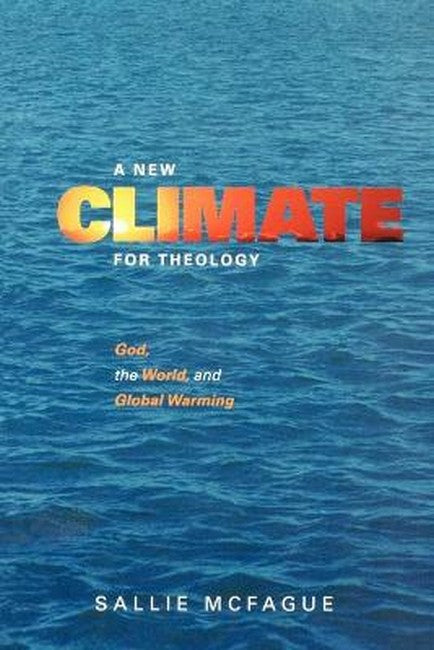Sallie McFaguewas the Carpenter Professor of Theology at VanderbiltDivinity School, where she taught for thirty years. She is now Distinguished Theologian in Residence at the Vancouver School of Theology in Vancouver, British Columbia. Among her many influential works, all from Fortress Press, are: Life Abundant: Rethinking Theology and Economy for a Planet in Peril (2000) Super, Natural Christians: How We Should Love Nature (1997) The Body of God: An Ecological Theology (1993) Models of God: Theology for an Ecological, Nuclear Age (1987), which received the American Academy of Religion's Award for Excellence Metaphorical Theology: Models of God in Religious Language (1982) "Sallie McFague is a prominent figure among the growing number of theologians who have been attempting to rethink the Christian understanding of God's and humanity's place in the physical world." -Chronicle of Higher Education "The power of McFague's work is in its ability to speak to the American Protestant mainstream, challenging Christians with models of God that reflect both ecological sensitivity and concern for justice." -Sharon Welch, Harvard Divinity School
Description
Preface Part One: The Science and its Significance for Theology Chapter 1: Climate Change: The Evidence and Consequences Chapter 2: Global Warming: A Theological Problem Part Two: Exploring God and the World within Climate Change Chapter 3: Who Are We? Ecological Anthropology Chapter 4: Who Is God? Creation and Providence Chapter 5: How Shall We Live? Christianity and Planetary Economics Part Three: Serving God and City Living within Climate Change Chapter 6: Why We Worship: Praise and Compassion as Intimations of Transcendence Chapter 7: Where We Live: Urban Ecotheology Part Four: Despair and Hope within Climate Change Chapter 8: Is a Different World Possible? Human Dignity and the Integrity of Creation in a Time of Global Warming Chapter 9: ?The Dearest Freshness Deep Down Things: The Holy Spirit and Climate Change Notes
"Sallie McFague has brought the fruits of decades of thinking about God and the world, about individual and community, about humanity and nature, about reality and metaphor, about the sacramental and the prophetic, to bear on the critical issue of climate change. She calls Christians to new feeling, new acting, and new thinking. Perhaps as the threat to our world that she describes so well presses more obviously upon us, the church will begin to listen." -- John B. Cobb Jr. "Professor Emeritus, Claremont School of Theology"

